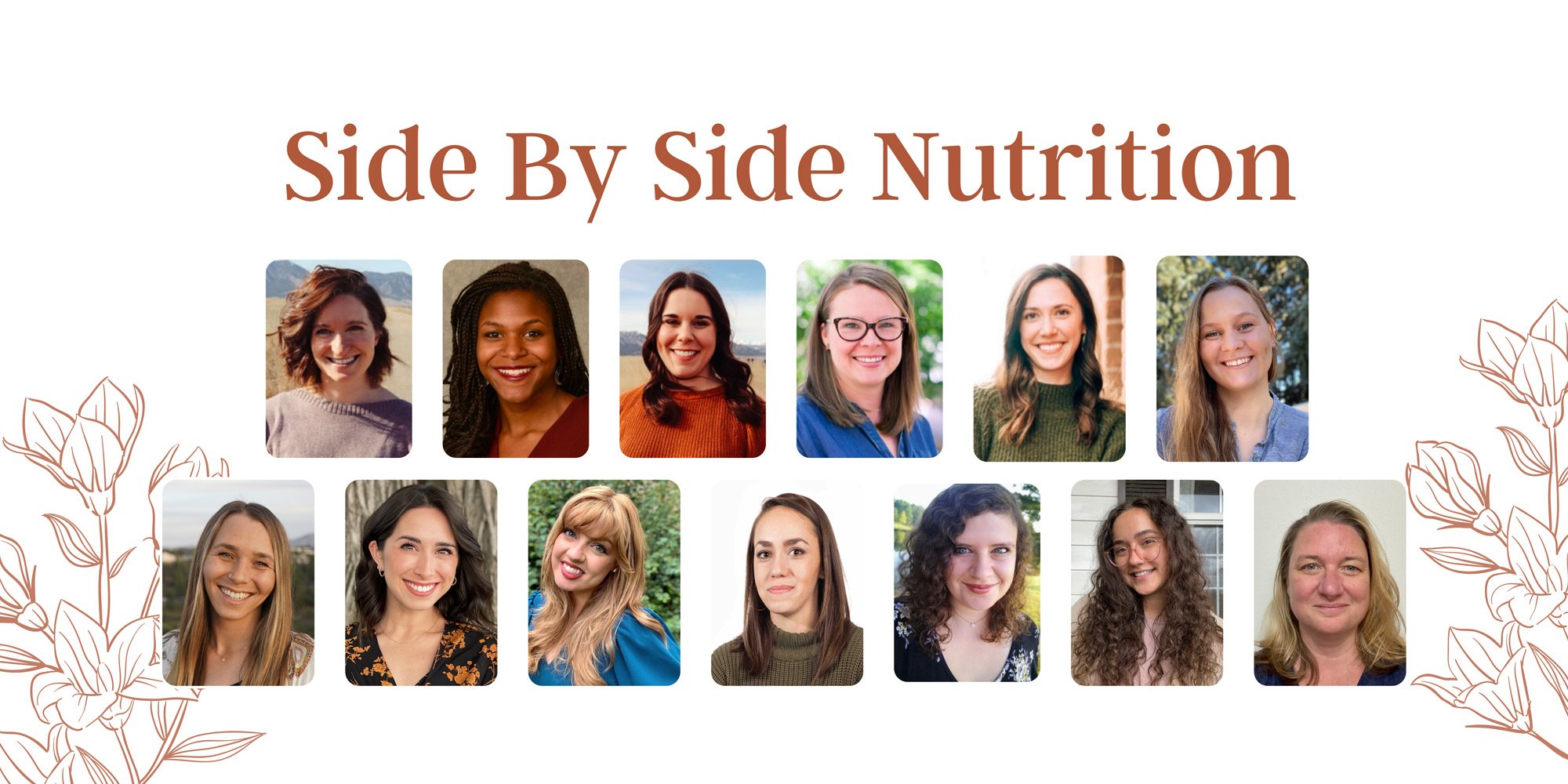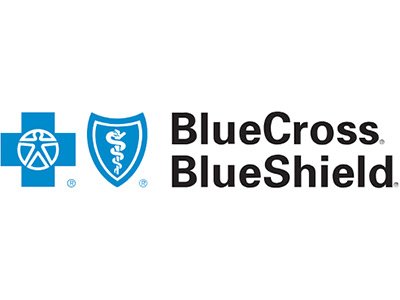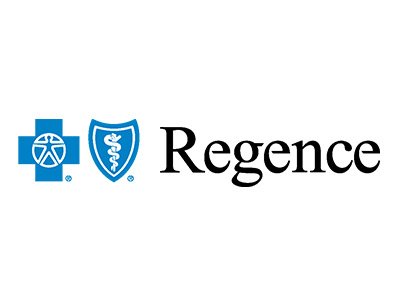Compassionate care for Binge Eating/Overeating (BED) and Depression with a Medical Nutritionist Dietitian, Get Help, and Achieve Lasting Healing and Recovery
Embark on a transformative journey towards achieving holistic well-being and building trust with both food and your body, moving away from the challenges of binge eating and depression. Our certified Nutrition and Body Image Nutritionist Dietitians offer compassionate care to lead you on a path of lasting healing. They empower you to regain trust, freedom, and a positive relationship with food and your body, allowing you to embrace life with a renewed sense of wellness and vitality.























Recent “graduate” from Side by Side Nutrition. I started working with SBSN to figure out how food worked after having an eating disorder for years. And I’m so happy I got so much more than that! SBSN introduced me to Self-Compassion and met me with an approach that never included shaming me. I looked forward to our sessions every week, even if I hadn’t done any of my work, because I knew she’d be understanding and work with me to figure out what I needed to make it happen. And none of that compassion and presence was lost when we had to switch to telehealth. When I started, I didn’t think healing from an eating disorder was possible. And I never in my wildest dreams imagined that I’d come out of it with an unshakable love for my body (certainly not a plus size body with chronic illness)! I’m so glad circumstances sent me here because I know I wouldn’t have gotten to this place with my previous dietician! I am STRONG, I am CONFIDENT, and I am in LOVE with myself! Thank you so much for helping me on my journey here! It wasn’t easy, but it was so worth it!
Michaela Myers